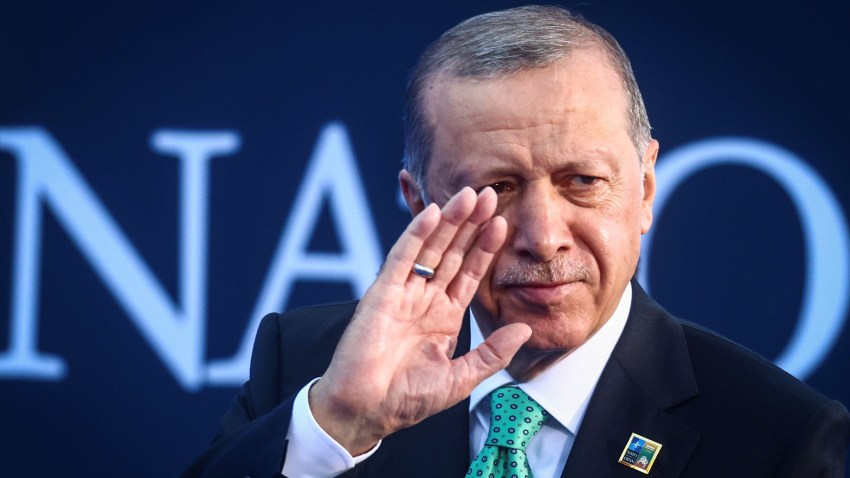Fresh off an impressive election victory and a NATO summit where he played the role of both wily villain and sought-after star, Turkish President Recep Tayyip Erdogan headed to the wealthy states of the Persian Gulf last week on a tour meant to show off his status as an interlocutor between east and west, north and south—while also drumming up business to keep his country’s economy afloat.
But it remains uncertain if the momentum from Erdogan’s May 28 reelection, the victories he pocketed in Vilnius earlier this month and Gulf cash will be enough to win his next goal: bucking demographic trends and grave economic troubles to win Istanbul back from the opposition in municipal elections next March.
For now, Erdogan is riding high both domestically and internationally after winning an election many thought he would lose. In Vilnius, he gave way on Sweden’s accession to NATO, which he had been blocking, in exchange for a U.S. assurance to sell Turkey F-16 fighter jets, favorable trade agreements with the West and a vague promise from Brussels to resume talks on Turkey’s European Union membership bid. Erdogan also won Western praise for defying Russia and allowing Azov Battalion commanders to return to Ukraine, after having promised they would wait out the war in Turkey as part of a prisoner swap Ankara brokered between Kyiv and Moscow last year. In recent days, he eased tensions with Greece after their years-long rift, with the two countries now participating in their first joint naval operation in years.

